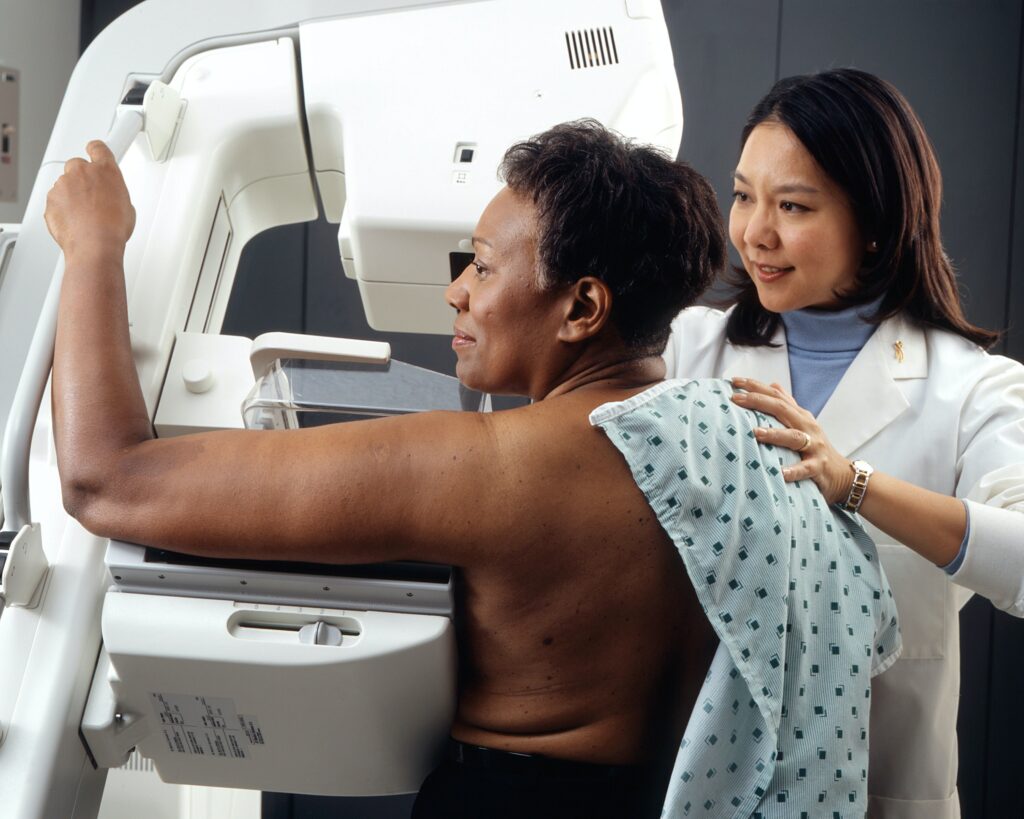Common sense changes to hospital discharge services are still needed to ensure the system works for patients and health professionals.
For many years, the British Red Cross has worked with the NHS to support people when they are discharged from hospital.
Because of this partnership, we know how hard NHS staff and volunteers work to support patients, from their first day in hospital to their return home.
We want to see people receive the care and support they need without falling through gaps, which is why we believe that health and care systems need to work together to support Welsh communities.
Unfortunately, too often this collaboration isn’t happening. This isn’t the fault of the brilliant staff working within health and social care, but is a reflection of the immense pressures both systems are under.
Too many patients are leaving hospital without the key information they need, with some saying that they didn’t receive leaflets about the discharge process, or any follow-up contact details, despite this being set out in the Covid-19 hospital discharge service requirements.
We all have a part to play in improving the discharge process for patients.
At the same time, some patients with complex support needs are not getting pre and post discharge assessments.
Meanwhile, many family members and carers feel that they are not being involved in the discharge process despite expressing a wish to be included.
We all have a part to play in improving the discharge process for patients. And we believe that there are several common-sense changes that could be made so that people leaving hospital get the best support possible.
It is crucial that people being discharged are supported by various sectors working together. Greater use of multi-disciplinary team approaches and other techniques to improve communication among professionals working in hospitals and the community across sectors can only benefit patients.
In addition, ward staff providing leaflets with contact details and involving families in the discharge process would help patients and carers to feel more in control when they are leaving hospital.
And a five-part independence checklist within hospital discharge service requirements would better facilitate conversations between health professionals, patients, their families and carers about their practical, social, psychosocial, physical and financial needs.
By implementing these recommendations, working together and listening to patients, healthcare services can improve the discharge experience and ensure people get the help they need at home.
This week I was delighted to host a session at the Welsh NHS Confederation Annual Conference and Exhibition about our Listening to what Matters report, which we launched earlier this year. The event was also an opportunity to discuss how the health and voluntary sectors can work together to support recovery at home and avoid re-admission for people leaving hospital in Wales.
Gofod i drafod, dadlau, ac ymchwilio.
Cefnogwch brif felin drafod annibynnol Cymru.
Our Listening to what Matters report focuses on hospital discharge in Wales and aims to reflect the experiences of patients leaving hospital. It contained research from patient interviews, a survey of 100 patients who were leaving hospitals or their carers, focus groups of health and social care professionals as well as interviews with stakeholders from the voluntary and community sector.
We know that there are challenges facing our healthcare system. Our research was done against the backdrop of the Covid-19 pandemic, which placed incredible strains on hospitals. In April 2020, the Discharge to Recover then Assess guidance was issued, which aimed to discharge patients more quickly so that they could have their ongoing needs assessed at home.
The new approach – which requires acute and community hospitals to discharge all patients as soon as they are clinically safe to do so, and that people who are identified as needing out of-hospital support to recover have their ongoing needs assessed after they are discharged – was welcomed by the healthcare professionals we spoke to.
They felt that the model was a good idea, and there was cross-sector agreement that patient outcomes tend to be better when people can recover at home. However, our findings identified missed windows of opportunity and highlighted why it is important to listen to patients and address their social and cognitive needs, alongside their medical ones.
All articles published on the welsh agenda are subject to IWA’s disclaimer.





